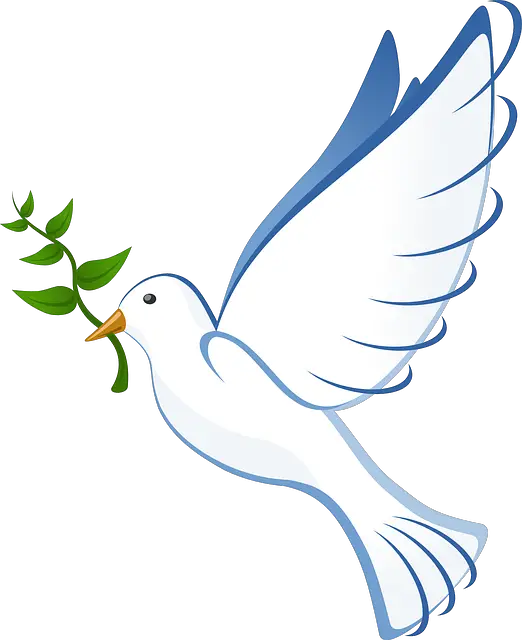October 17, 2024
We hope you enjoy our articles. Please note, we may collect a share of sales or other compensation from the links on this page. Thank you if you use our links, we really appreciate it!
The ongoing Russia-Ukraine war is an apt example of a dilemma where the stakeholders are exploring peace while engaging in war, directly or indirectly, with no end to war in sight. The war has escalated with every passing month and will likely intensify in the coming days. Ukrainian President Volodymyr Zelenskyy has visited the U.S. for more ammunition and to discuss his “victory plan” in which this fall, according to him, will be crucial. A victory for Ukraine ensures the victory of democracy, but it is hard to predict whether the war will end this fall.
Russia attacked Ukraine more than two years ago by violating international law and norms. The attack galvanized support of democracies to oppose the aggression and support Ukraine in its war against the aggressor. The ongoing war reminds of the horrors of the past wars including the world wars, which were fought to make the world safe for democracy and free from totalitarian forces. Precisely for that goal —the goal of a peaceful world — the United Nations was established after the second world war. Not that the U.N. failed to stop every conflict, but certainly it faltered to end the protracted conflicts such as Russia-Ukraine. It seems like the pendulum has swung fully and returned to its original position. Protracted conflicts in which historical memories, identities, and past animosities are involved, it is difficult to find an easy solution, but one thing is obvious — the more the war is prolonged, the more the destruction and hardened positions.
The war has exposed the weakness of diplomacy as a tool of conflict resolution. It has also dented the liberal argument that nations are interdependent and collaborate with each other and avoid war. Perhaps international politics is moving more in a direction in which national ego-driven interests guide relations between nations and for which a divisive approach is more suitable than a collaborative approach. Even if there is collaboration, the circle is narrow. It brings to focus the recent observation of the Pope from the Vatican, though made in a different context, that one has to choose among “lesser evils” as there are no “angels” in politics. And in this world of evils, whether lesser or greater, war has apparently become an easy but deadly option to address conflicts.
The policy that when the opponent is weak, it is better to engage in diplomacy, implying the carrot and stick policy, does not work well in all situations. There are, in this case of Russia-Ukraine conflict, non-negotiables on both sides, but a zero-sum mentality leaves little scope for conflict resolution. And while a fratricidal nuclear war is not in sight despite Putin’s antics, the more the war continues, a pessimistic future might be on the anvil. Applying the liberal logic, it is perhaps most urgent that collaborative ways are explored for peace.
It is not that there are no attempts at peace. There are attempts initiated by the U.N., by powers like Turkey, and the recent one by India. But so far they have not produced lasting results and not been able to moderate intransigent positions of the parties. The more the war is protracted, it seems the more the resolve to continue it and win it. Leaders often undermine the concerns of their own people, who suffer the most from the conflict. Given that there is no end of the war in the near future, at least a way to manage the conflict, so that no more killings of the civilians, or no more destruction of critical infrastructure, need to be explored. Otherwise, in this uncertain war, the course may turn in some uglier direction, perhaps irretrievably.
The war in Ukraine is a real test of diplomacy and collective human endeavor for peace. It is perhaps the hardest challenge to human ingenuity. The liberal approach that nations pursue their interests in cooperation and keep in view long range perspectives needs to be cultivated in earnest to address the crisis. It is easier said than done, as amply demonstrated in this war. It seems Ukraine, Russia and Eurasia are destined for a much harder path to peace.
(The article was published, under a different title, in Orlando Sentinel on September 28, 2024.)



